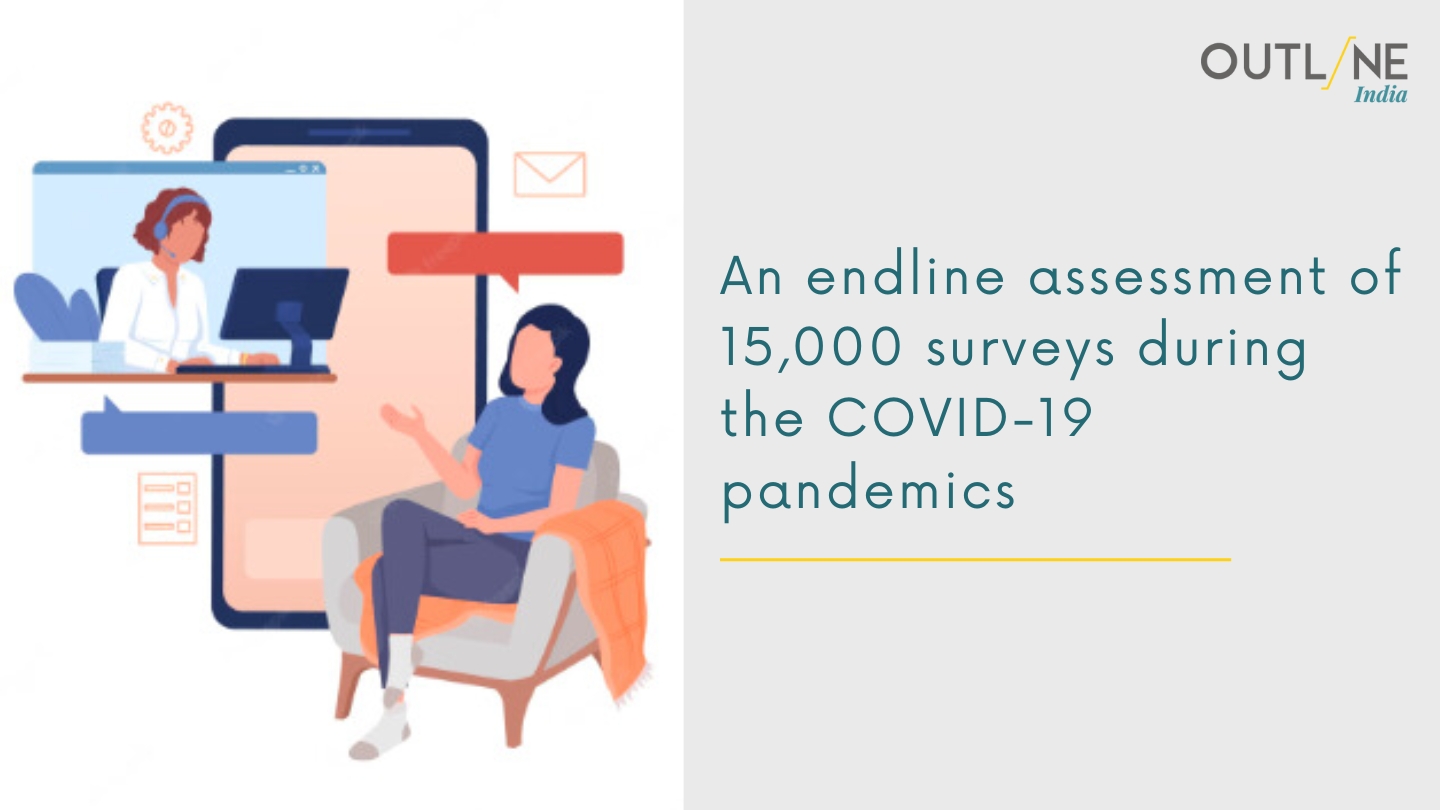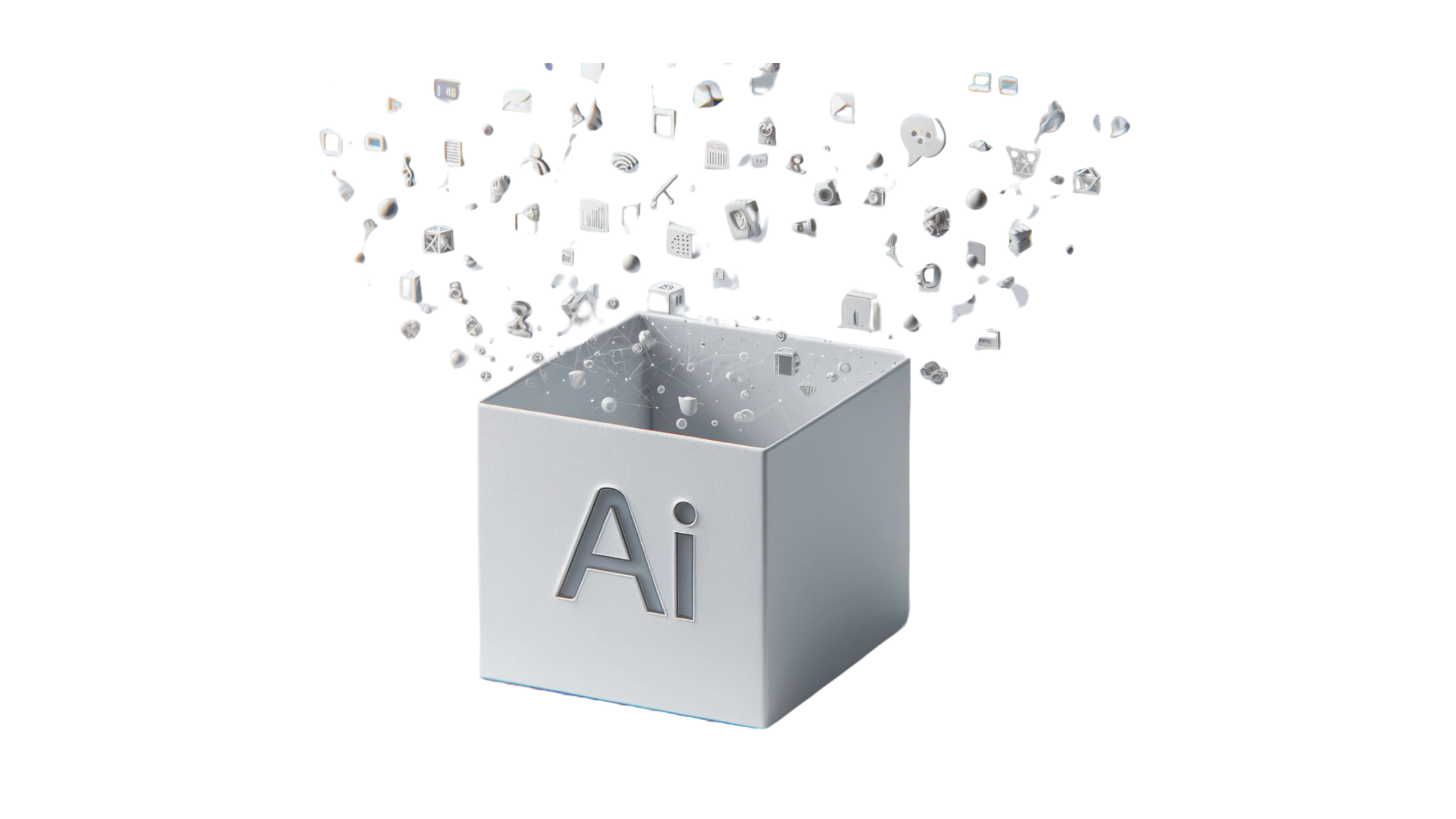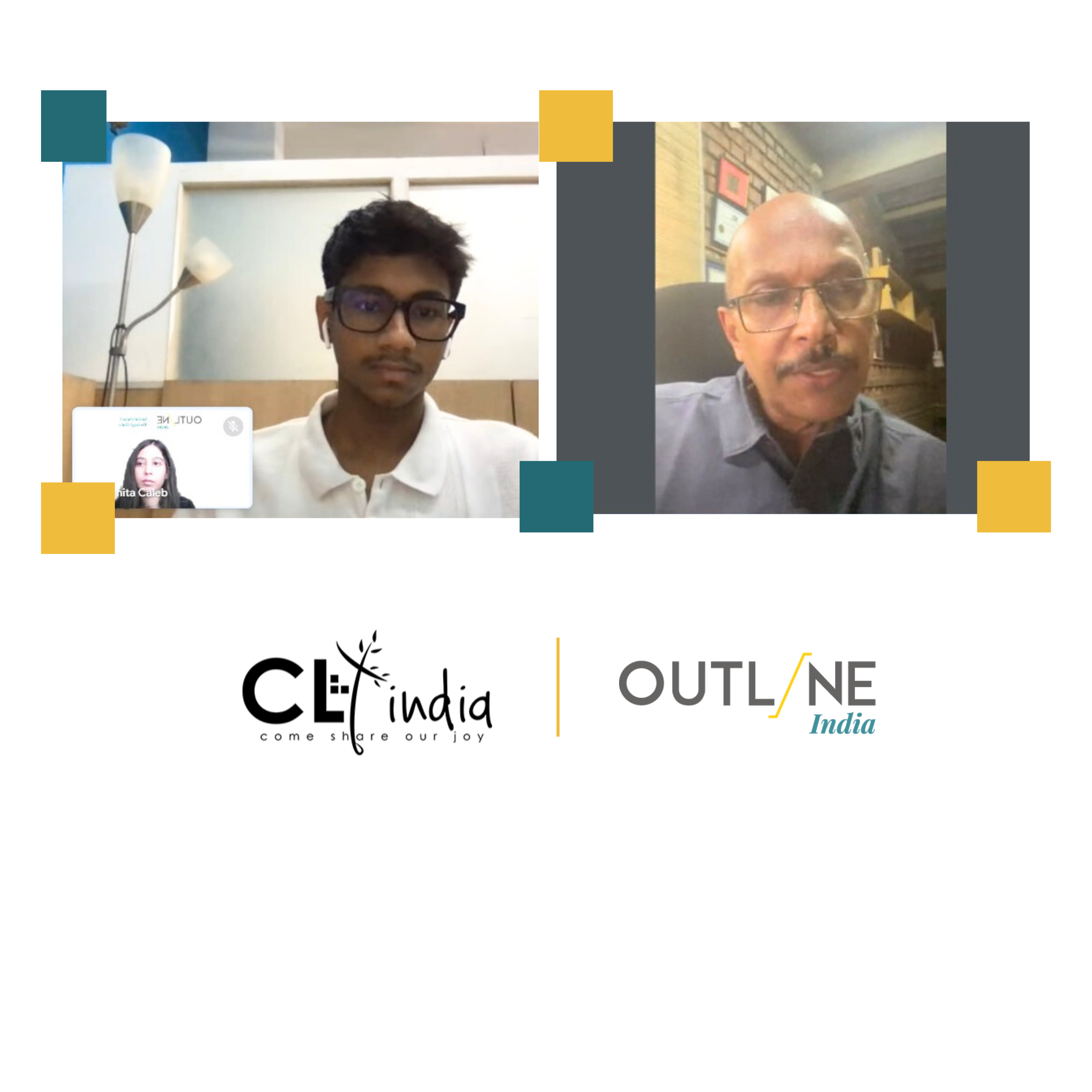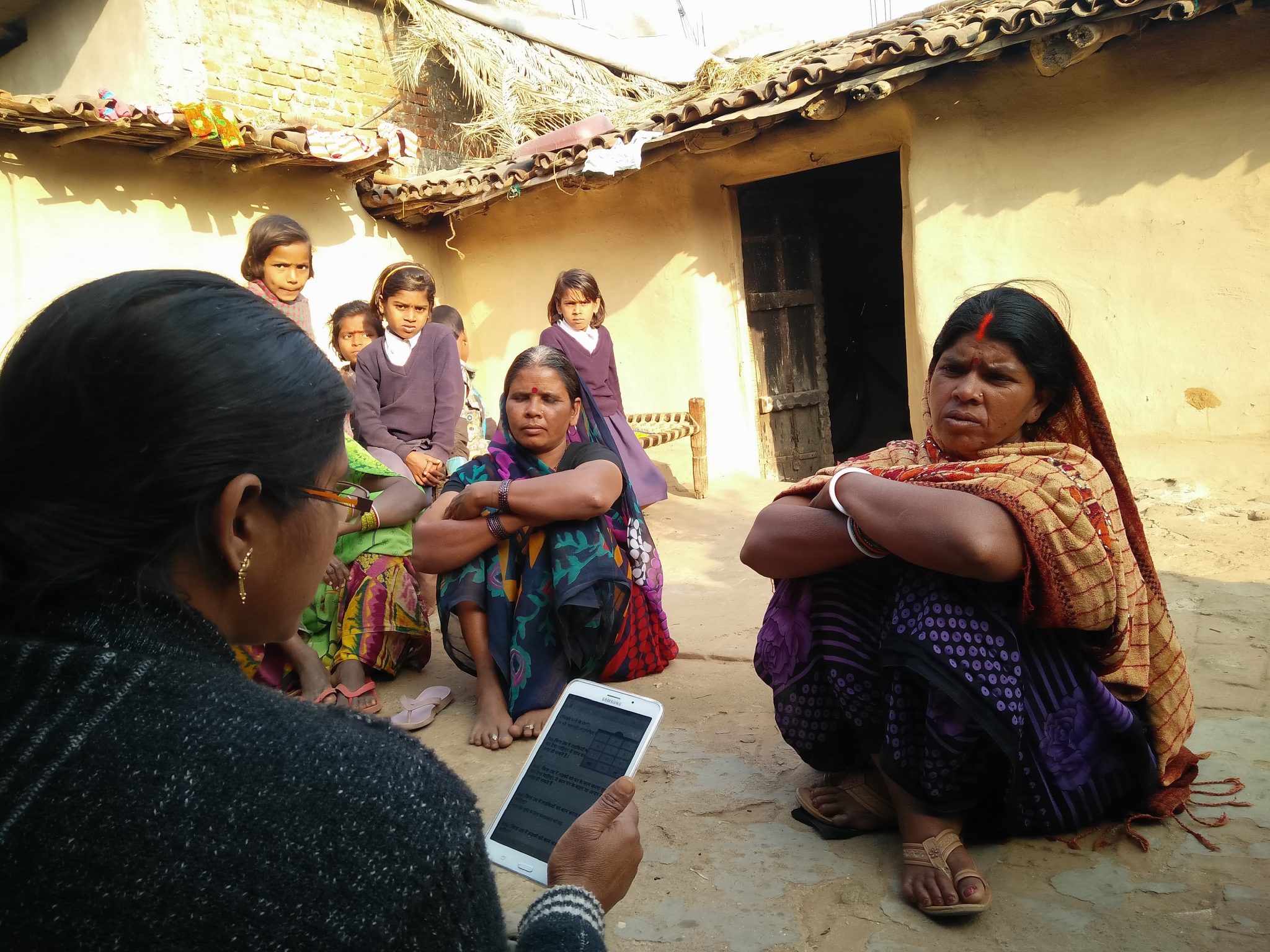Blog Details
At OUTLINE INDIA, our mission is to empower stakeholders in making data-driven decisions. We are a research and monitoring & evaluation (M&E) consultancy firm, undertaking extensive data collection specializing and conducting Impact Assessments and Evaluations at the grassroots level. We deploy our projects after rigorous methodology, with quality checks at each stage, to ensure that our data is robust, relevant, reliable, and accountable towards achieving social impact. We focus on catalyzing the work of academics, think tanks, corporate social responsibility arms, not-for-profits, funders, philanthropists, and the Government of India.
In the last ten years, we have worked across all 29 states and union territories of India on 200+ evaluations (out of which over 100 were impact assessments) in over 60,000 villages, representing 5 million stakeholders from diverse backgrounds, settings, and sectors. Our focus revolves around the aim to include their needs, opinions, and views to draft and inform the work of our partners and policymakers to drive social impact.
Our work ranges from delving deep into research designs, to the nuances of cognitive testing, piloting survey tools, data analysis, and report writing. We work in close association with our field teams who come from the informal sector. Our researchers, too, come from diverse subject areas such as Economics, Statistics, Sociology, Law, Psychology, and English to propose a holistic understanding while choosing various research methods. A majority of our work is cross-sectoral and our research spans across Rural Development, Agriculture, WASH, Livelihoods, Energy, Healthcare, Sexual & Reproductive Health, Child Rights, Education, Digital Literacy, Capacity Building, and Governance, among others.
The major challenge: An endline assessment of 15,000 surveys during the COVID-19 pandemics
In December 2022, Outline India conducted an endline assessment via phone surveys for a premier university based in Illinois, United States to understand the value of electricity and consumers’ willingness to pay. This was studied during the COVID-19 pandemic, when the financial stressors on electricity distribution companies were at high levels. This survey was completed in the two districts of Madhya Pradesh covering a representative sample of 3,000 individual respondents.
The goals were to understand the increasing revenue recovery of electricity distribution companies, and measure the extent of consumers’ inclination to pay their bills to access the service. The funding agency also requested real-time updates of the data collection activity which included the total calls made and surveys completed. While the deliverable quantitative survey was for 3,000 respondents, we received a list of 15,000 – five times higher than the required sample size. This was done due to the higher attrition rate that is quite common in surveys conducted over phone.
The challenges faced in conducting the telephone survey on 15,000 data-sets while also ensuring that they were previously part of the same study and were registered as valid electricity bill holders, needed to be tackled seamlessly. Before using SurveyCTO’s PHONE-CALL FIELD PLUG-IN, CASE MANAGEMENT, and PULLDATA () FUNCTION, Outline India used a standard data collection procedure which saw us sharing phone numbers and a hard copy of the tool with the field team.
Once the data collection exercise began, we saw that keeping tabs on the changes in the present tool and the exhaustive list of phone numbers were quite inconvenient. The real-time tracking of attempted calls while also collecting data and maintaining a continuous focus on gender distribution also proved to be inefficient.
Read full article at: HTTPS://WWW.SURVEYCTO.COM/BLOG/HOW-OUTLINE-INDIA-LEVERAGED-CATI-FEATURES/








David Angel Makel
IT ConsultantIt is a long established fact that a reader will be distracted by the readable content page looking at its layout point of using normal